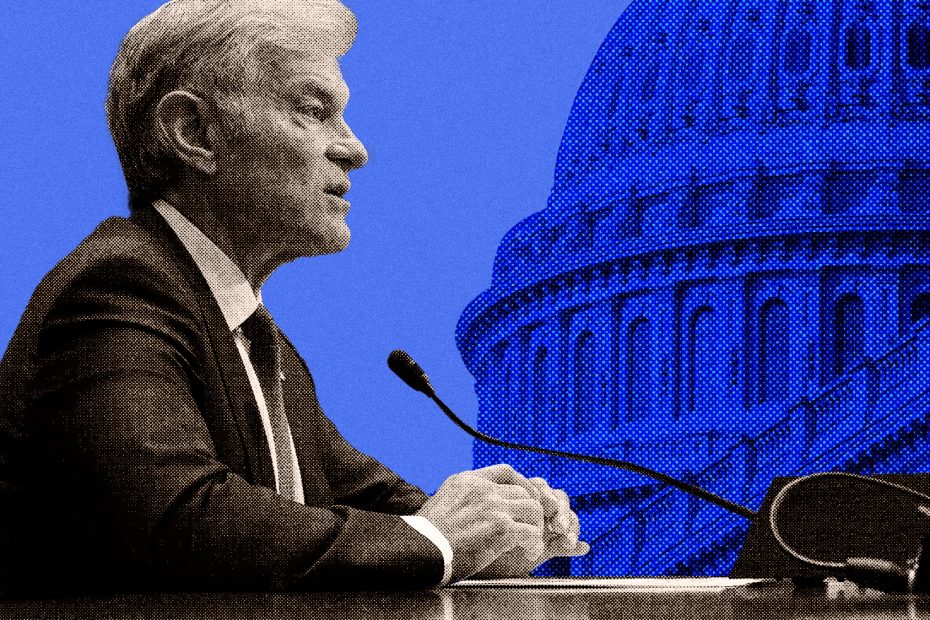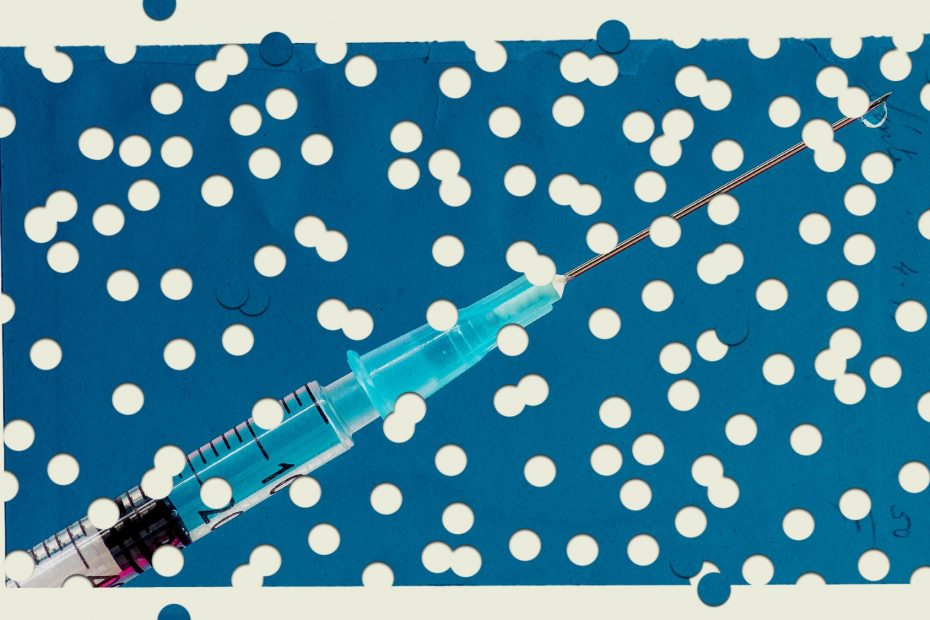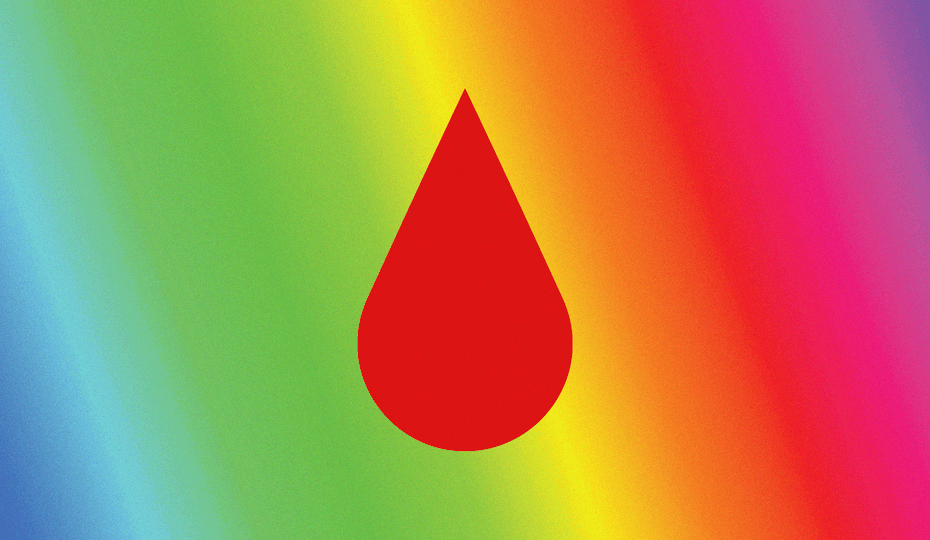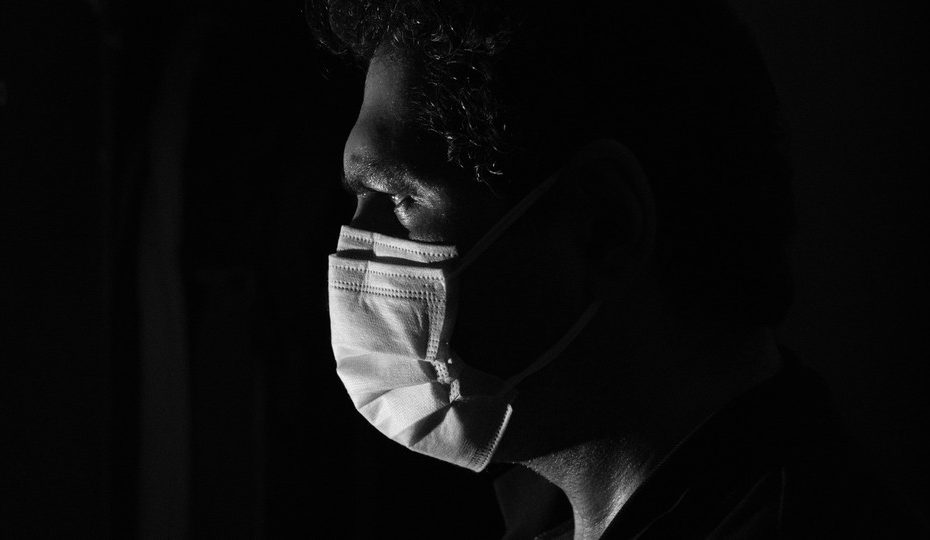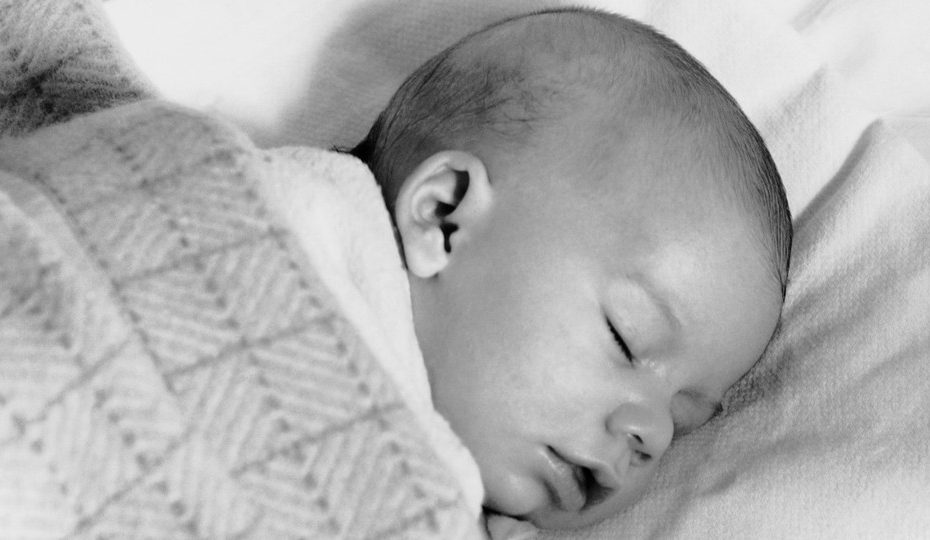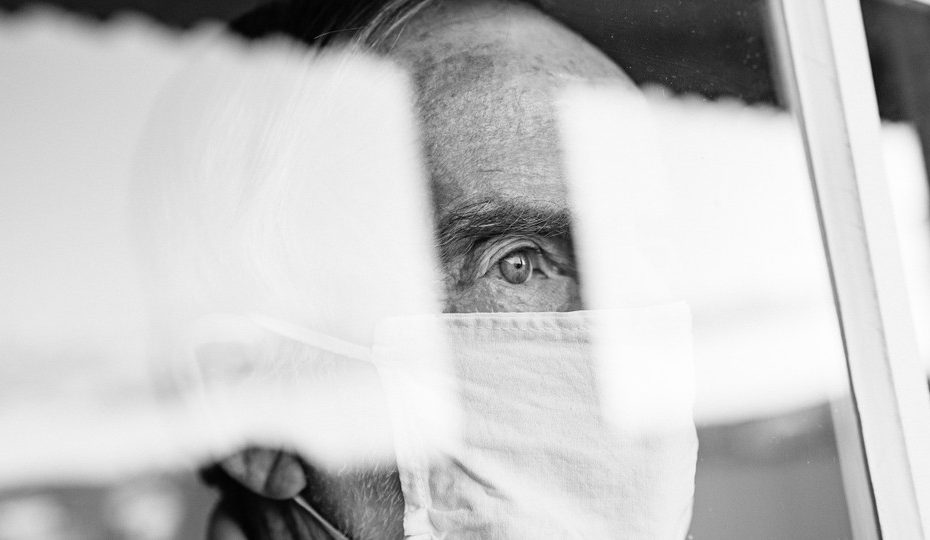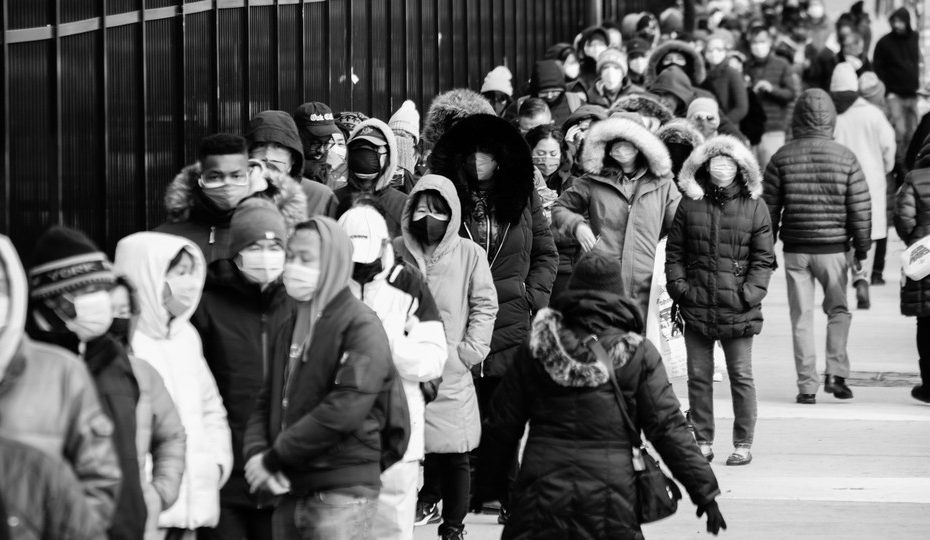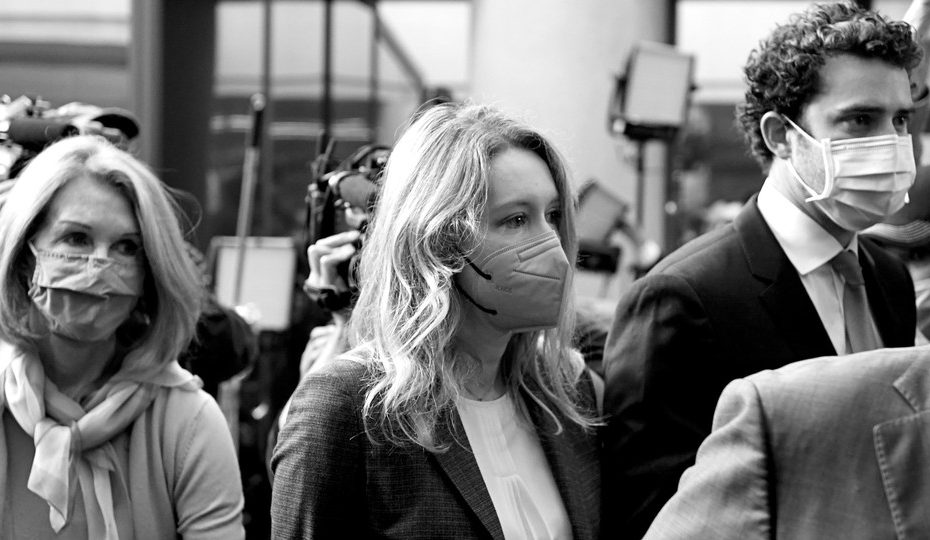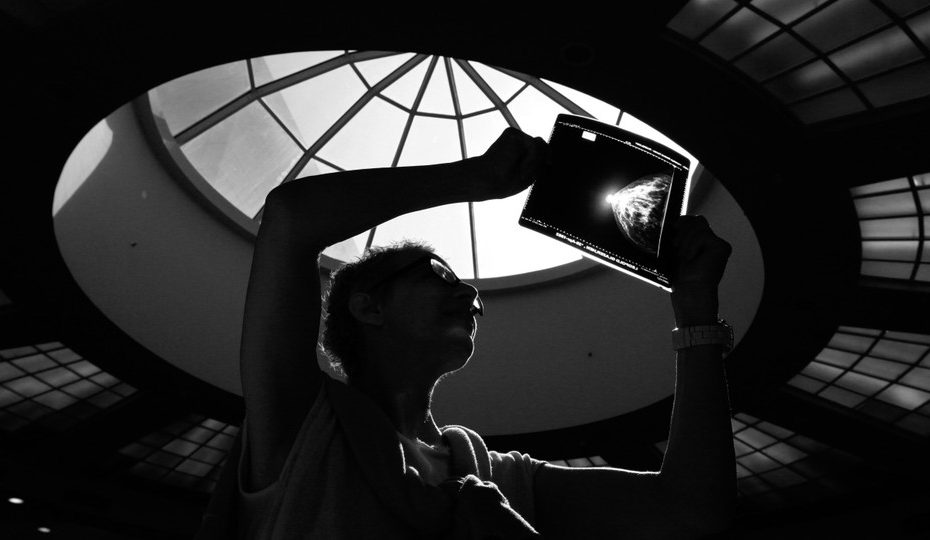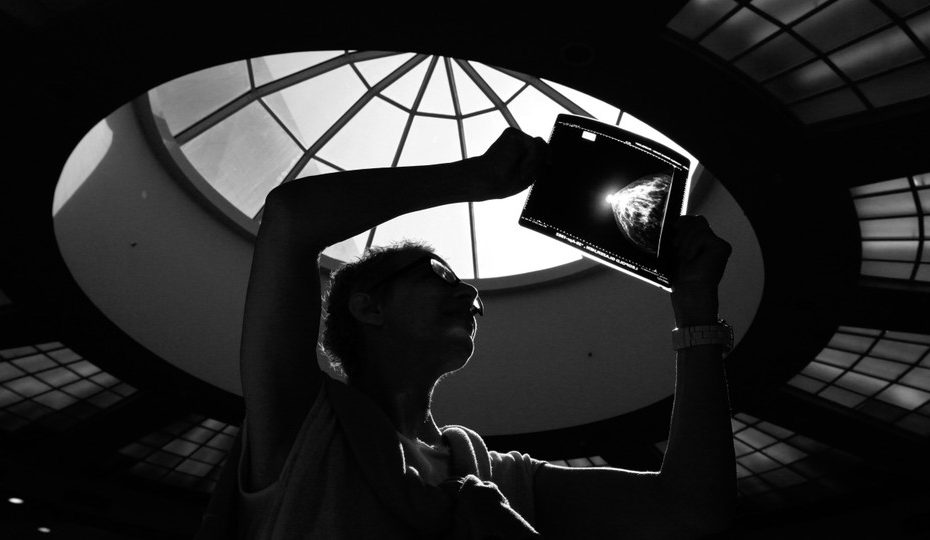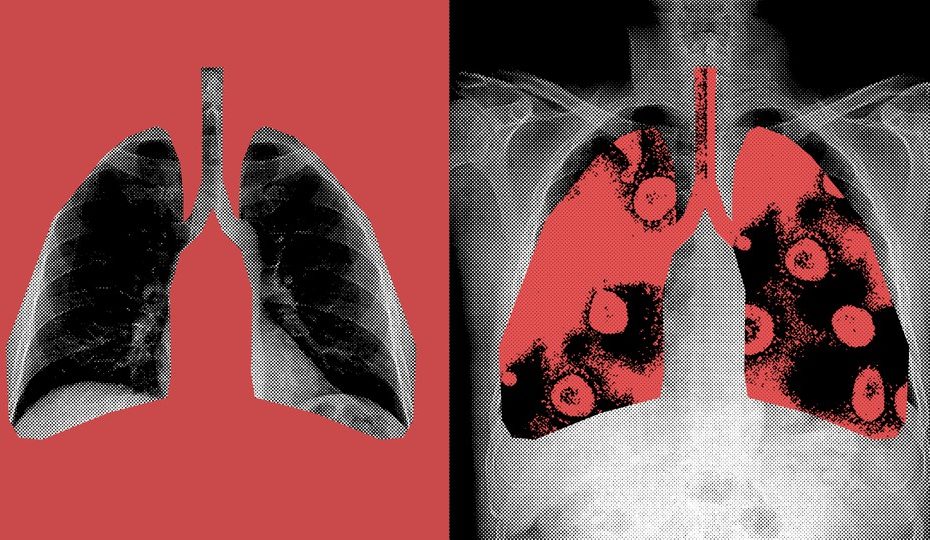Dr. Oz Is Now the Grown-Up in the Room
The first time that Mehmet Oz was questioned by the Senate, in June 2014, the atmosphere was not inviting. He’d been hauled in to defend his habit of promoting unconventional supplements for weight loss, including green coffee beans, raspberry ketones, and an Asian tropical fruit called garcinia cambogia, on his daytime-television talk show. “I don’t get why you need to say this stuff,” Claire McCaskill, the Missouri senator who chaired the hearing, told him. “Because you know it’s not true.

